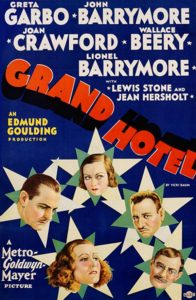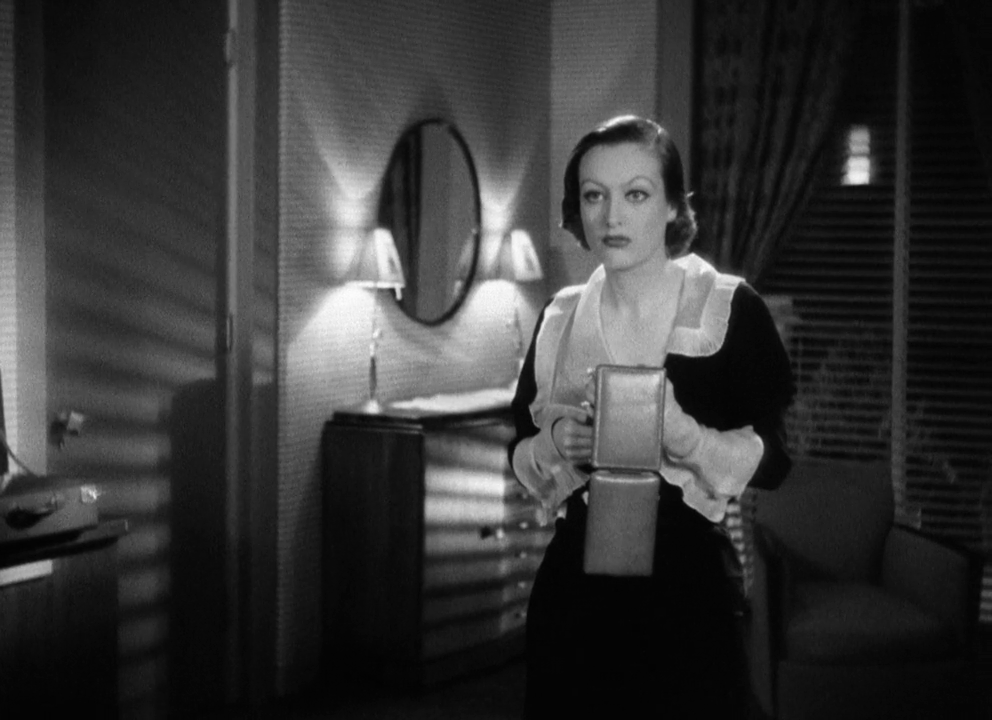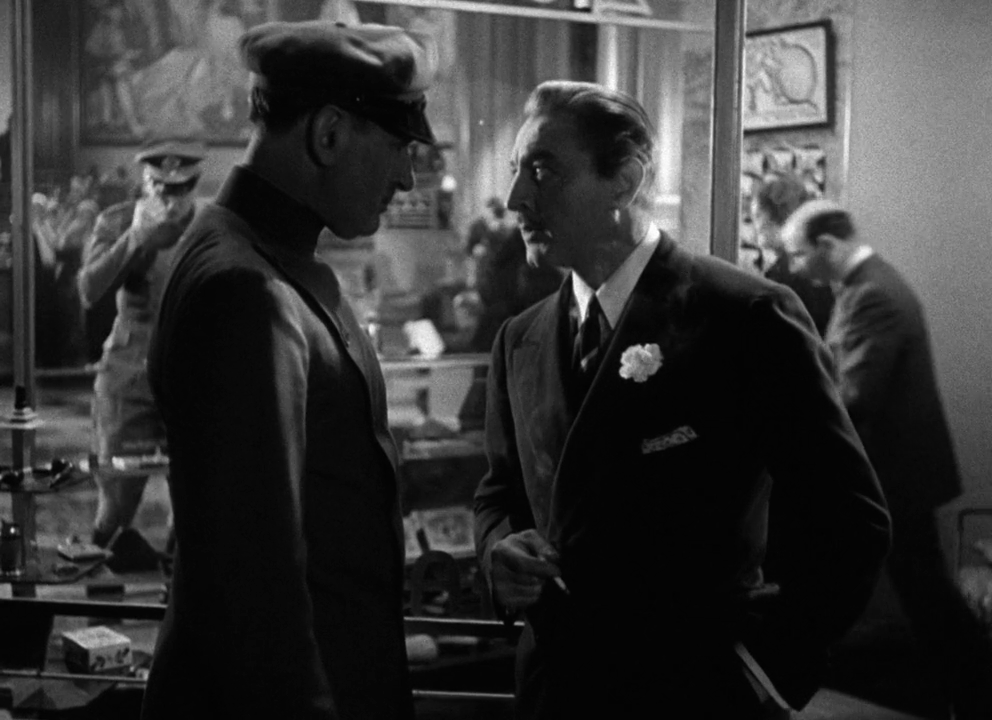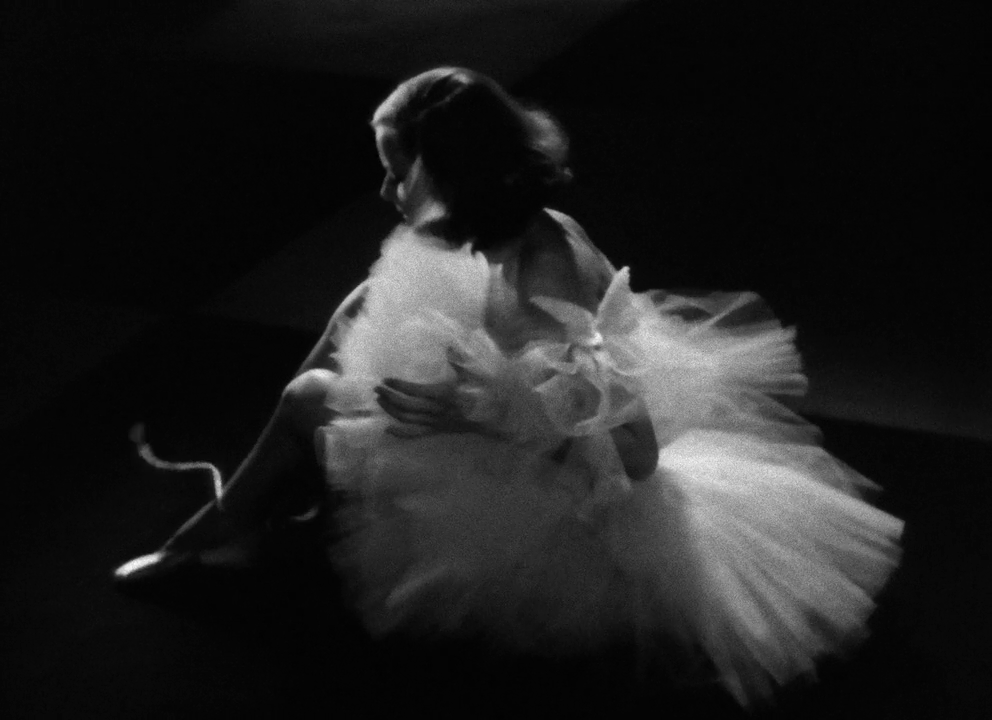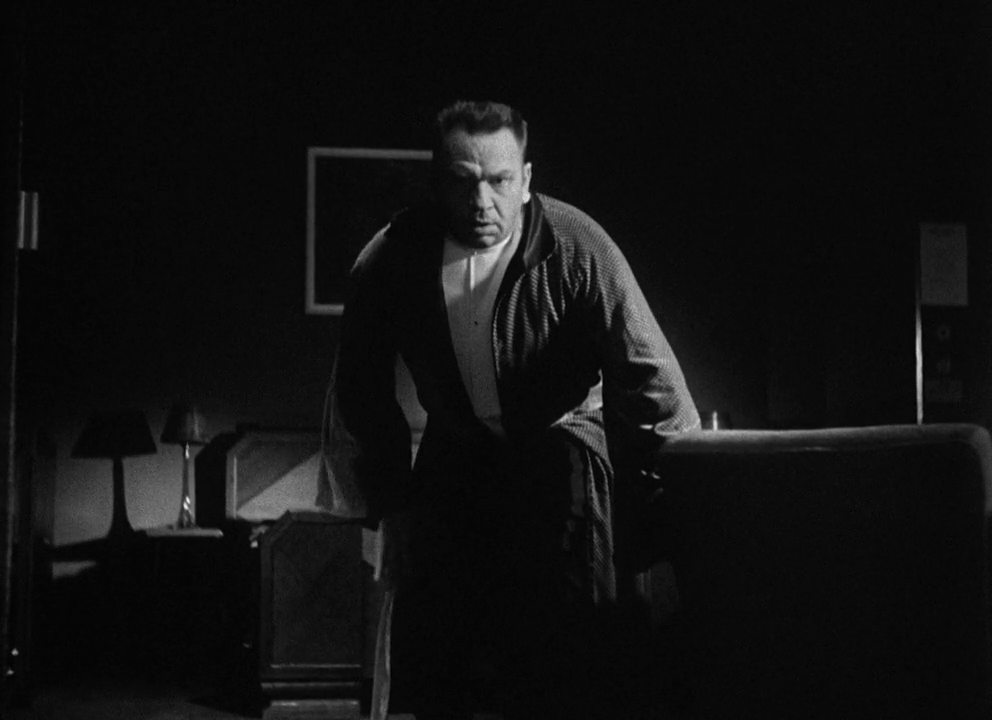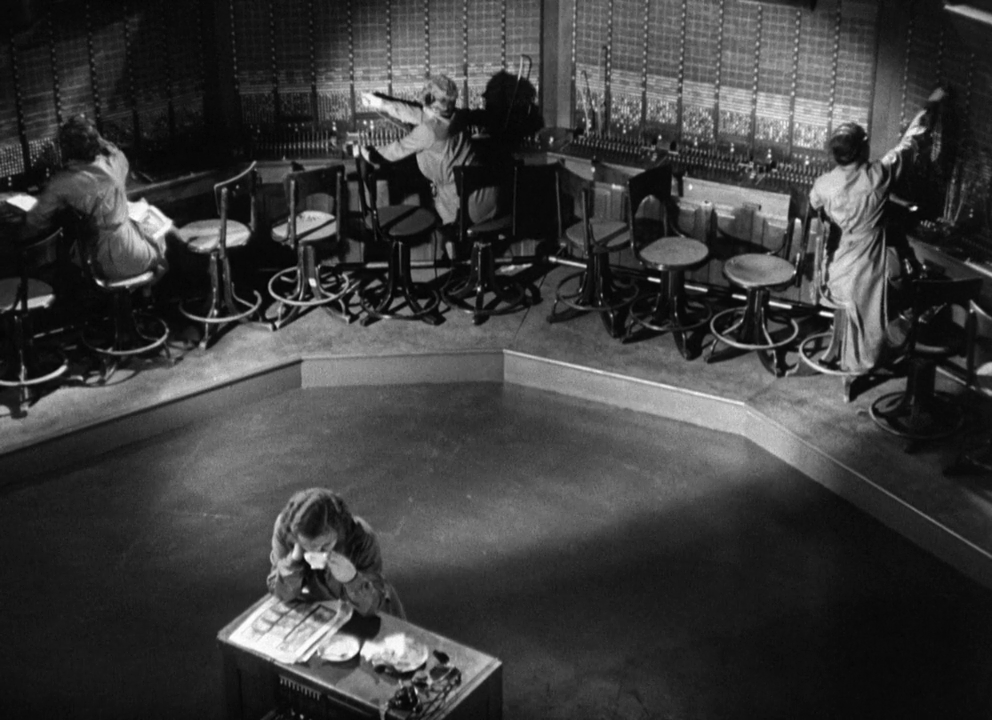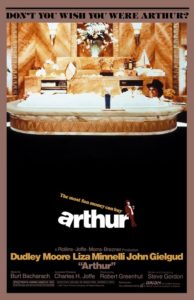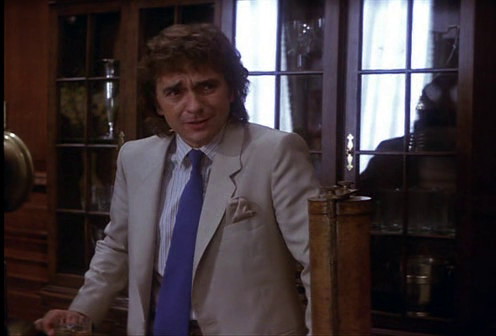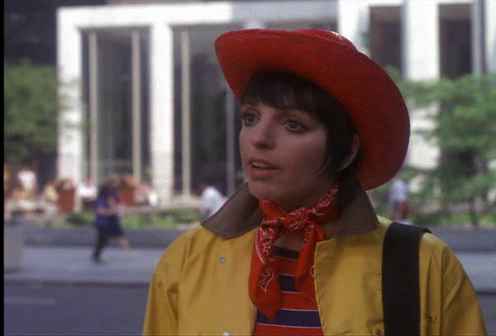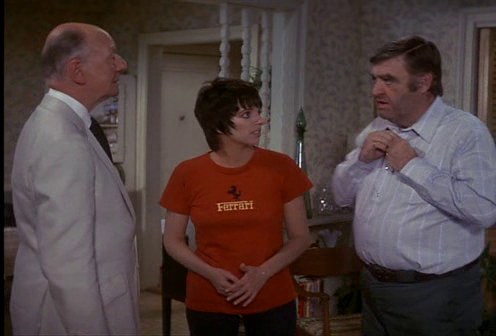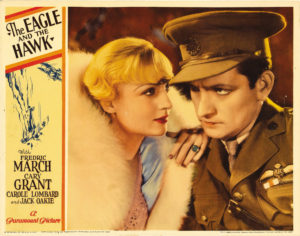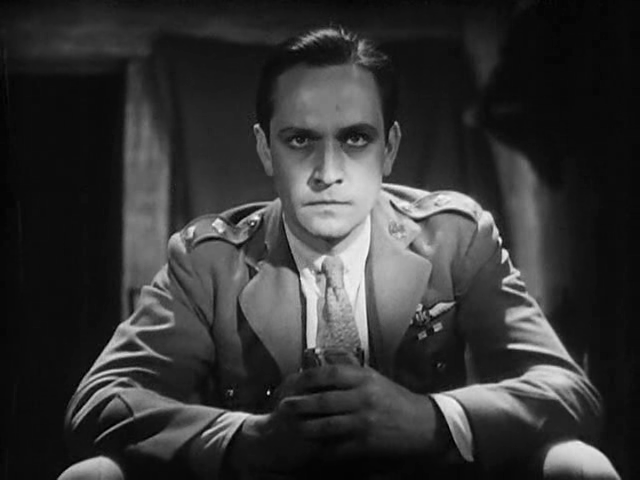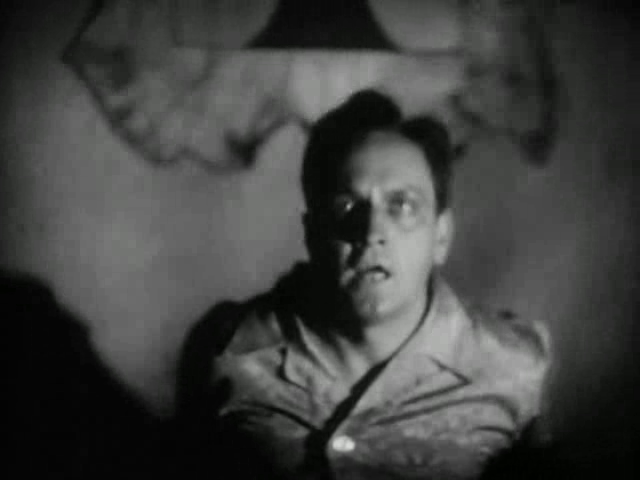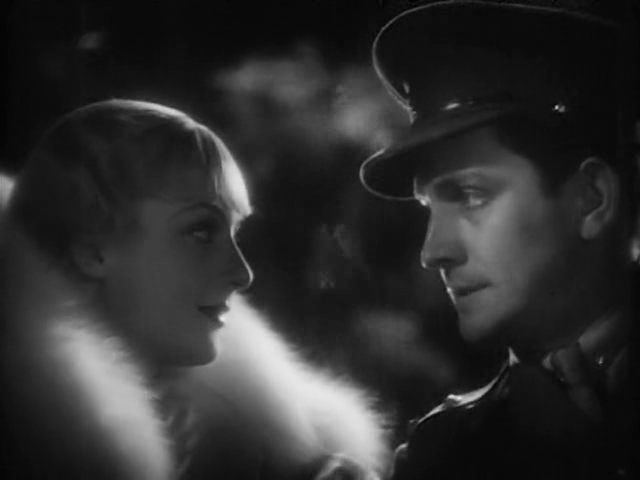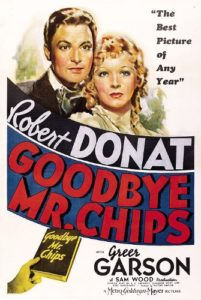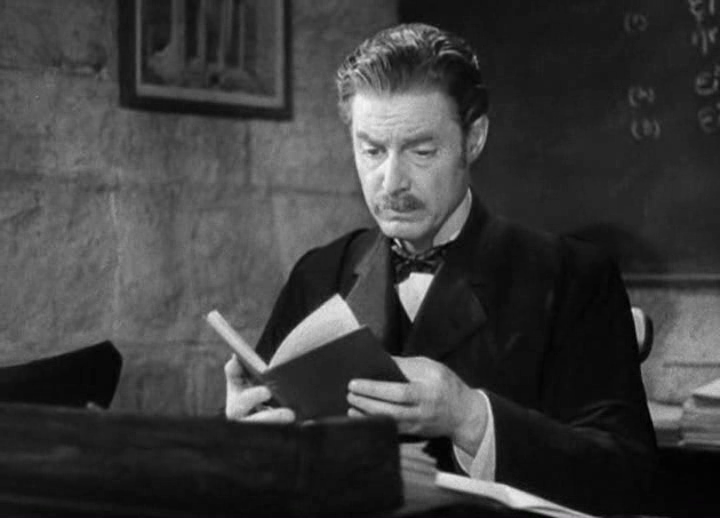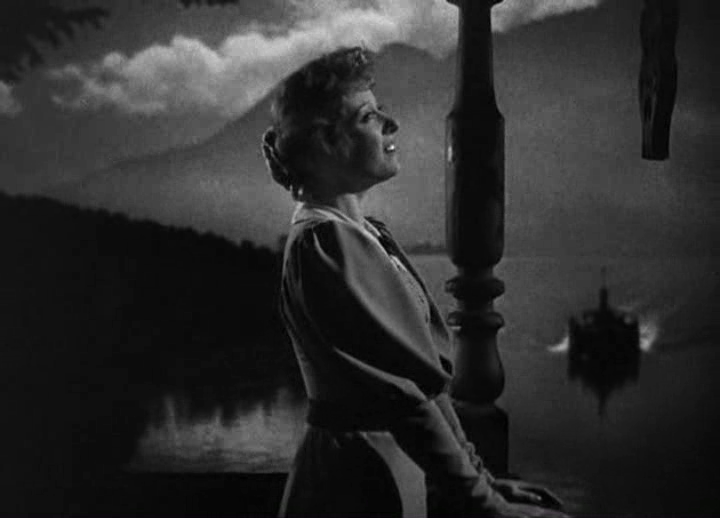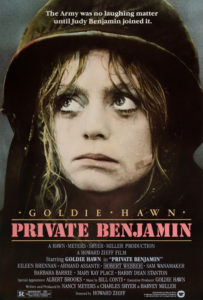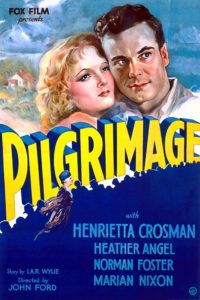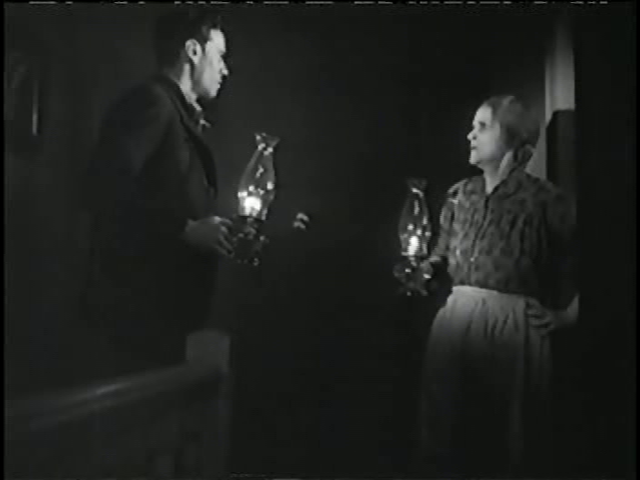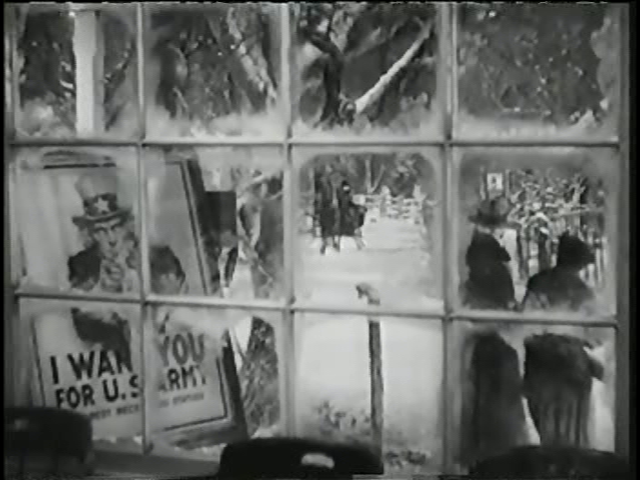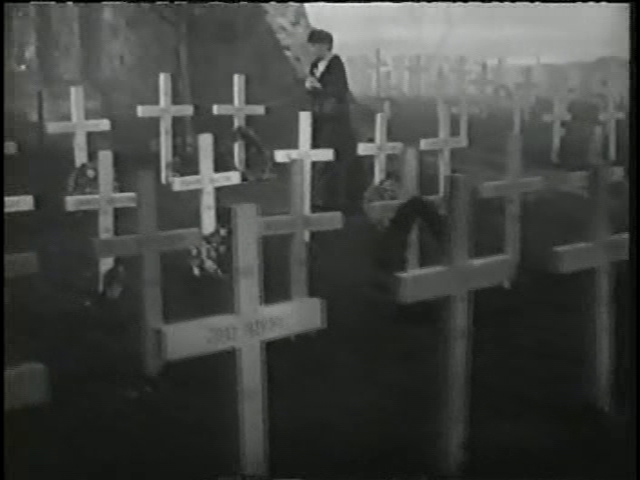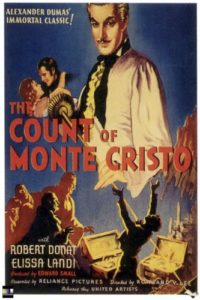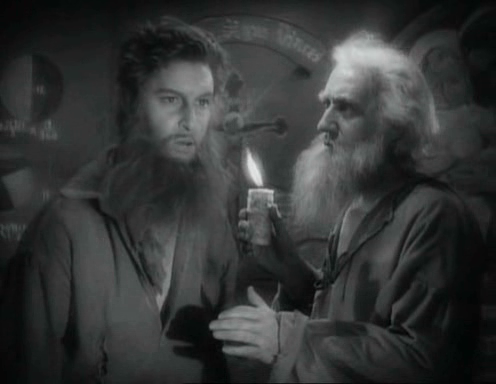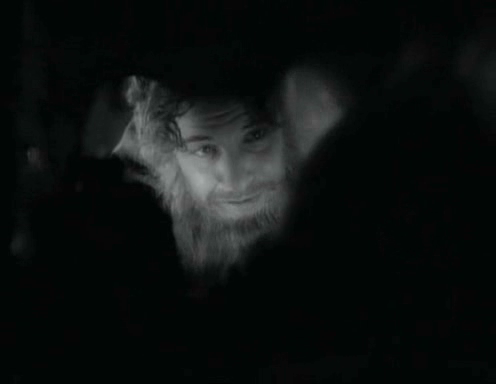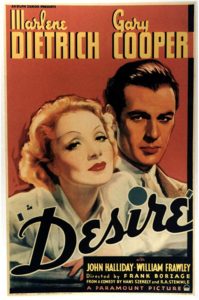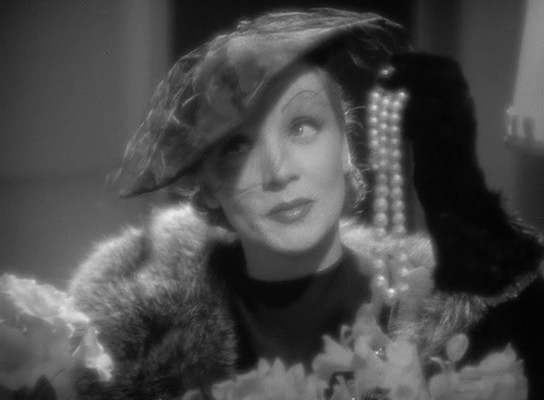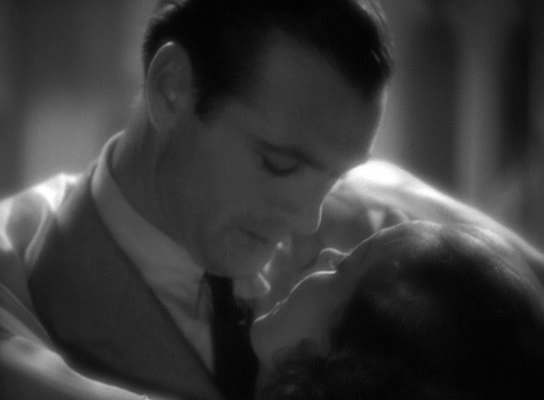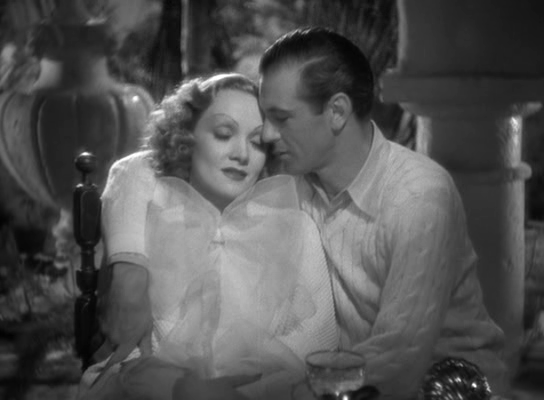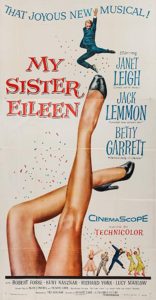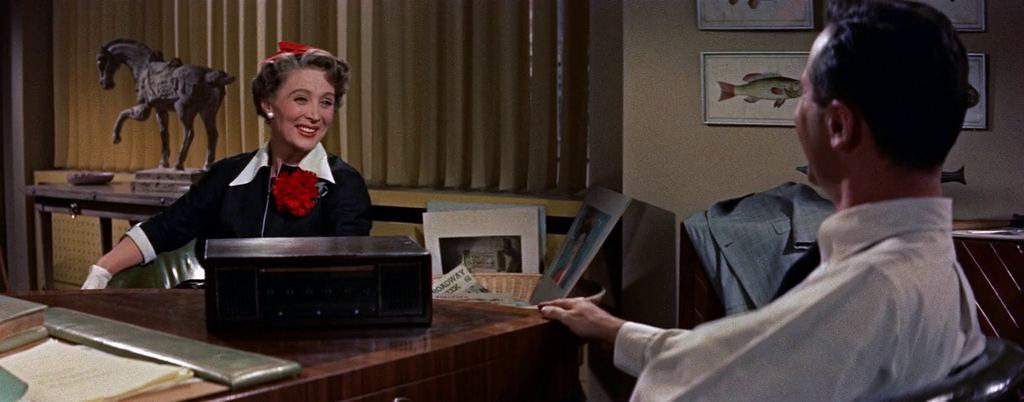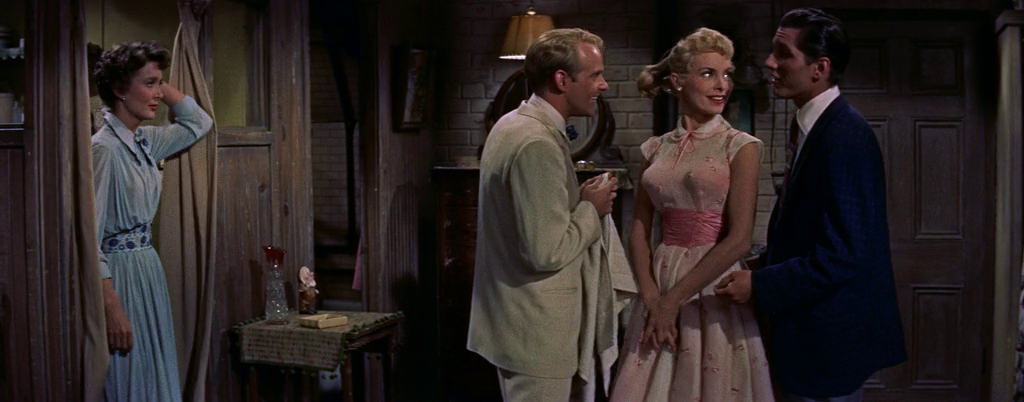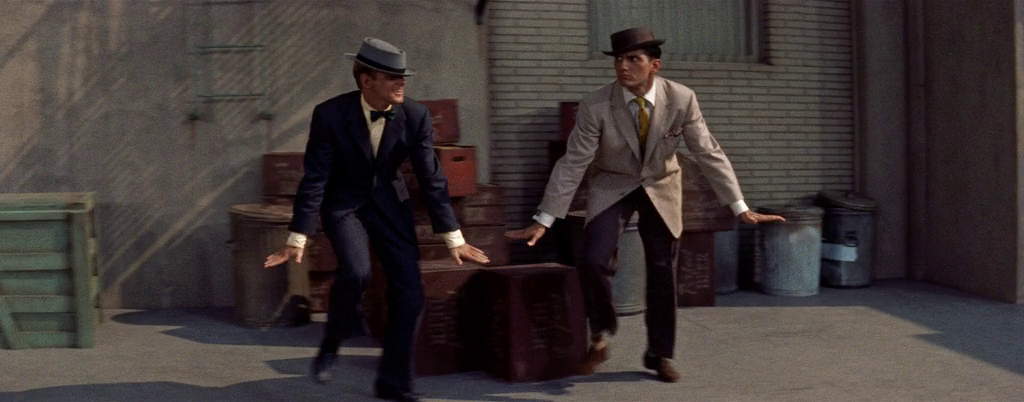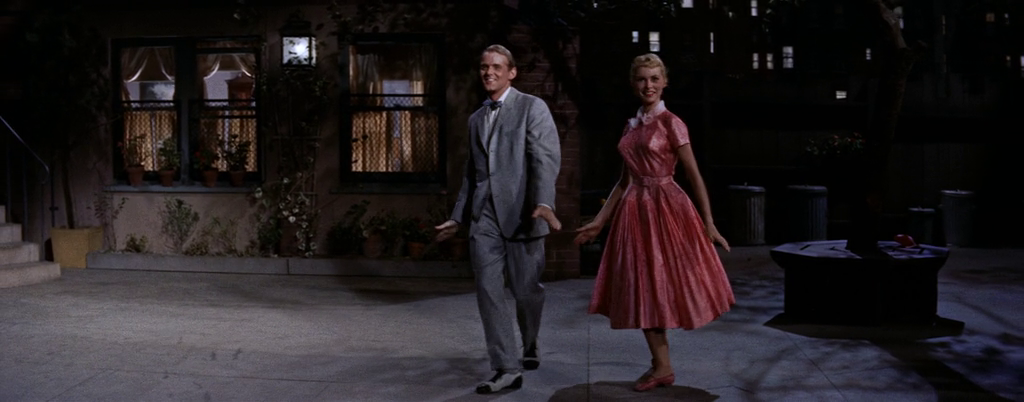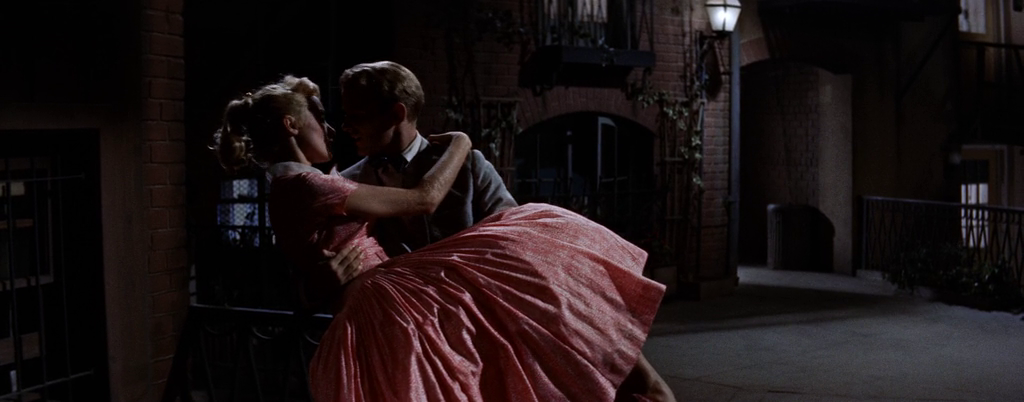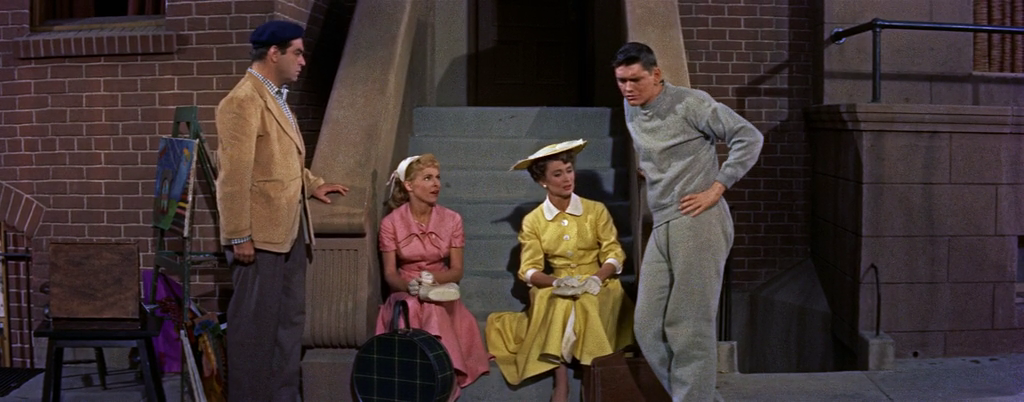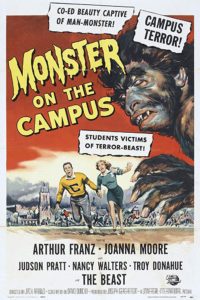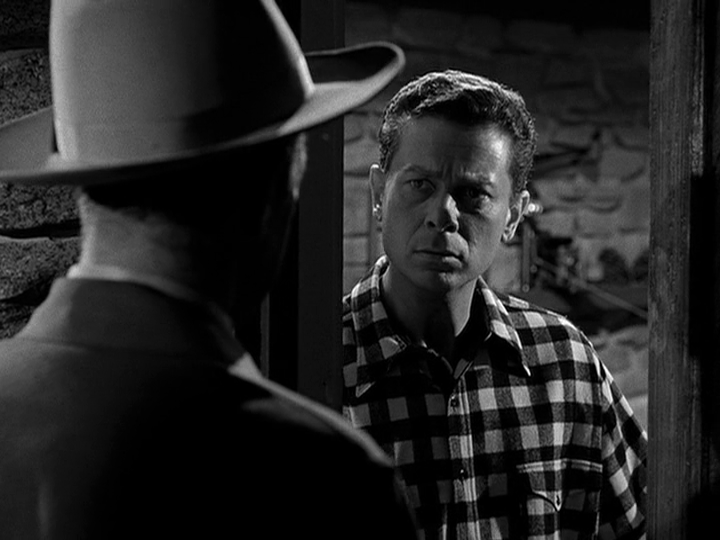Grand Hotel (1932)
“I’d like to take you in my arms, and not let anything happen to you — ever.”
|
Synopsis: |
|
Genres, Themes, Actors, and Directors:
Response to Peary’s Review: Indeed, the storyline of a “thief who gives something to people [and thus] cannot survive” (“it’s John Barrymore who helps Garbo, Lionel Barrymore, and Crawford overcome their self-pitying depression”) is an intriguing one. It’s engaging watching the ripple effect of Barrymore’s sudden burst of love and compassion for Garbo carrying out across so many individuals: the moral of this story is a powerful one, and the ending is satisfying. I’m less a fan of top-billed Garbo’s melodramatic performance (“I want to be alone!”) than Crawford’s; indeed, this was one of Crawford’s best early roles, and the pre-Code script allows us no-holds-barred access to understanding the sexual compromises women sometimes make for their careers. It’s interesting to know that, according to TCM’s article, Crawford was “afraid she would be lost among the film’s high-powered stars and also worried that her character’s best scenes would be cut by the censors”; she needn’t have worried, as her charisma shines through. Peary agrees, naming her Best Actress of the Year in Alternate Oscars for her role as Flaemmchen, “a poor, ambitious, free-lance stenographer who picks up needed money by sleeping with her employers”. He notes that while “Crawford was already a major star when she made Grand Hotel,” this “was the picture that proved she could hold her own with the movie elite and be taken seriously as a dramatic actress.” He adds that “as with her earlier characters, there is a softness under Flaemmchen’s tough, wise-to-the-ways-of-men-and-life exterior”, noting that while he likes “most of Crawford’s early film roles”, this “is her first performance that isn’t erratic. In her movements, her sexy hip-out stance, her line readings, and her expressions, Crawford had never been more natural [or] more honest” and “real feelings come through.” He concludes his essay by noting that “Crawford is extremely sexy, with youthful energy, huge eyes, and sensual backward glances, a posed slim and angular body” — but “there is something much more than sexual magnetism at work”: “what makes Crawford so memorable… is her star quality.” Redeeming Qualities and Moments:
Must See? Categories Links: |
